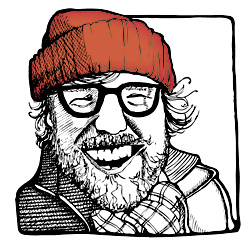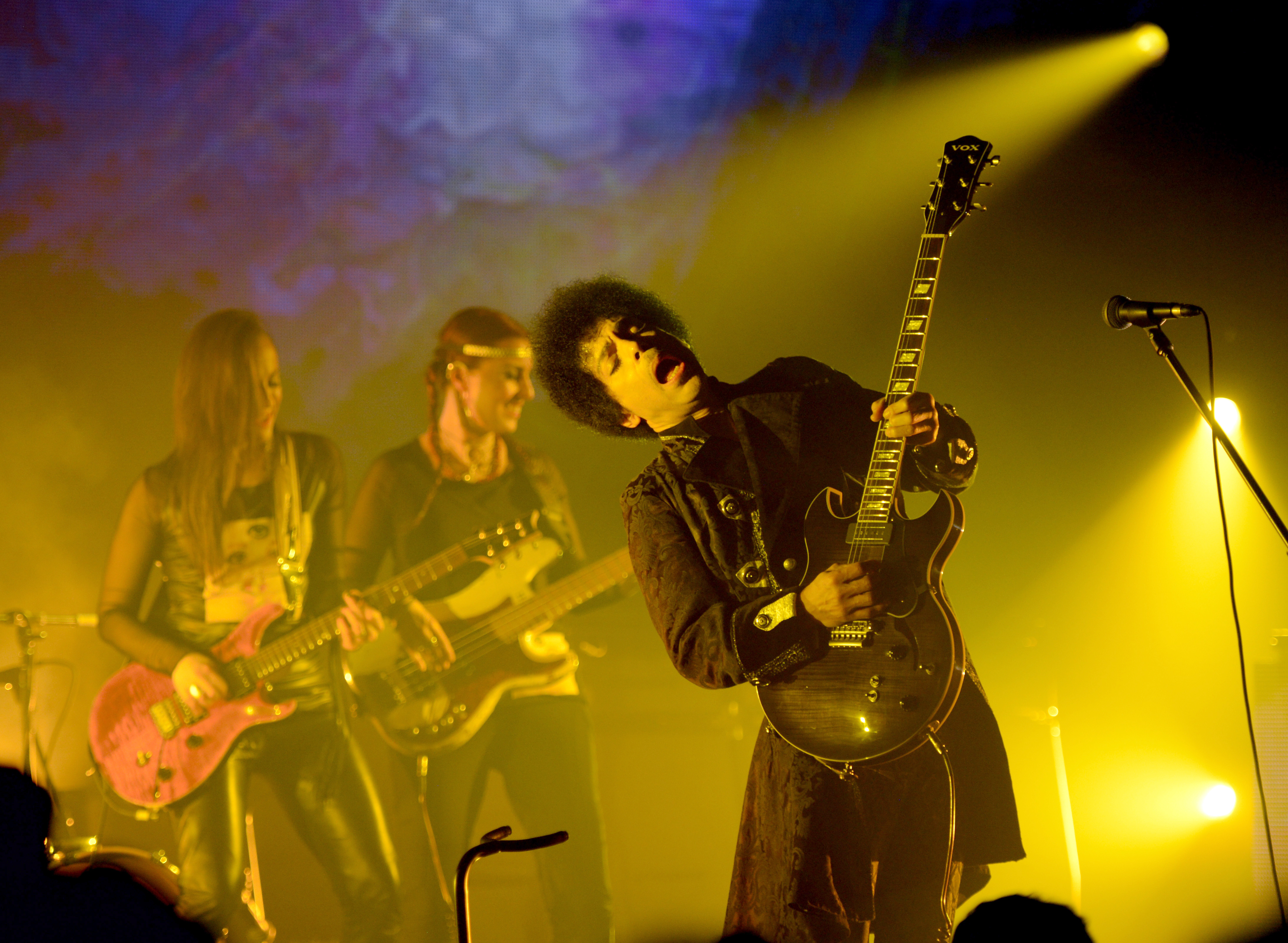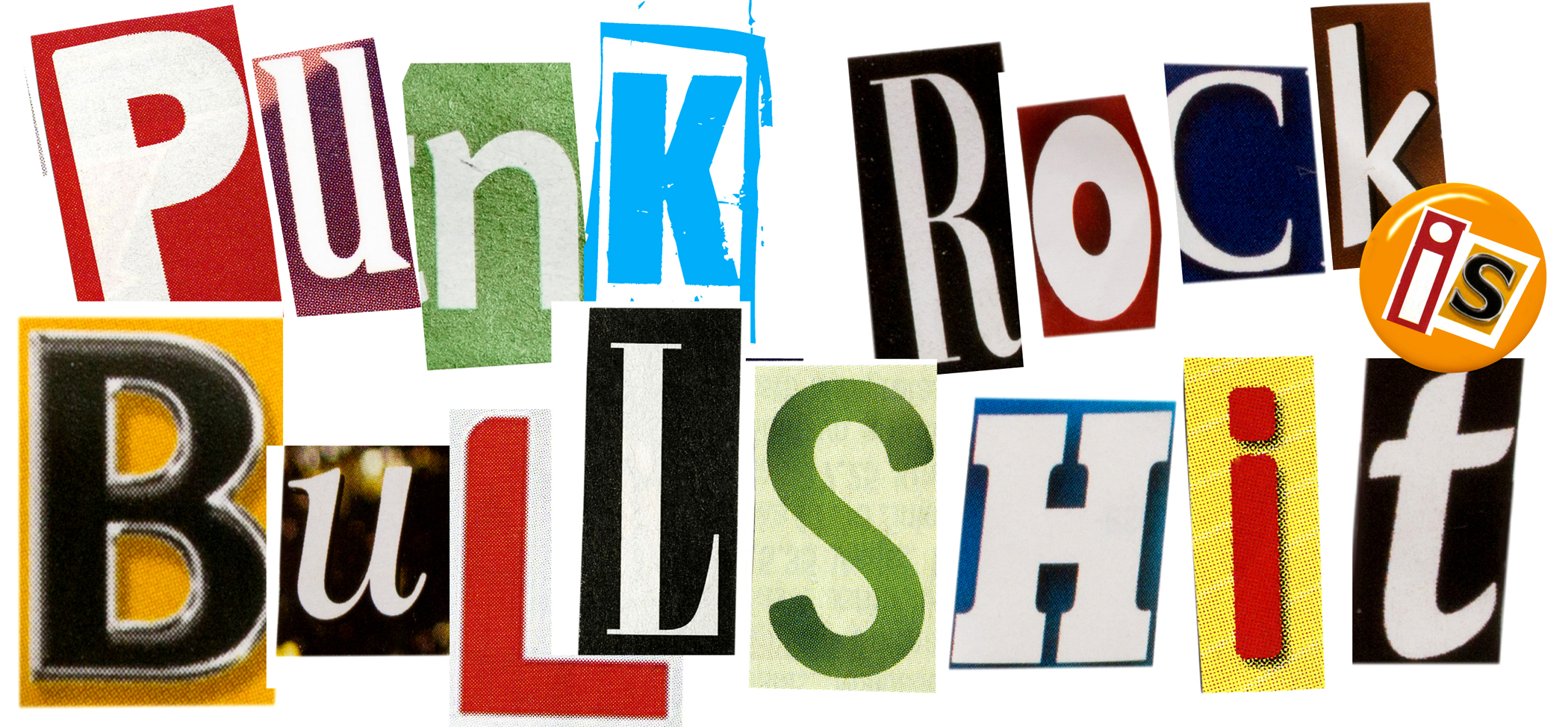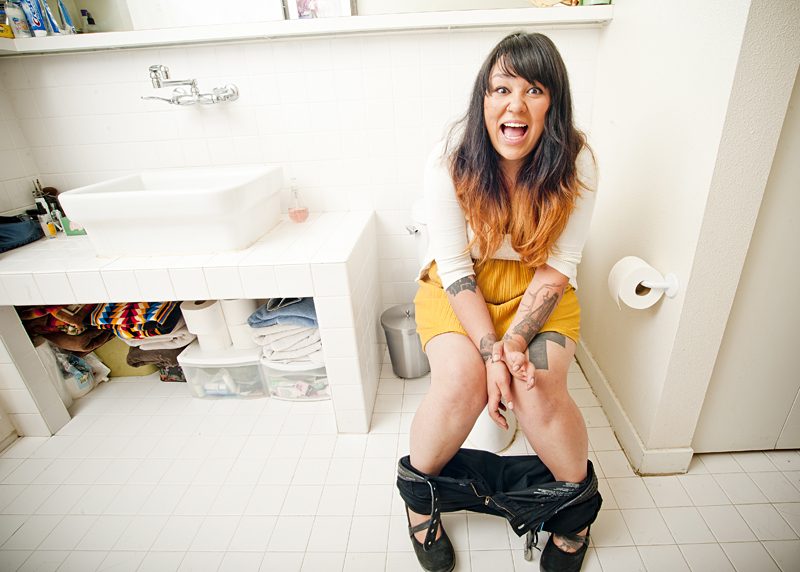Seattle in 1994 was like Dawson City in 1898, two years after the gold rush. The bloom of grunge was past, long past, but the massive influx of young people to the city had barely slowed. Clusters of shivering kids crowded streetcorners in their plaid shirts and pre-dirtied boots, wondering if maybe they should give heroin a try. College dropouts from Florida and Minneapolis grew their hair like Chris Cornell and drove their Buick Skylarks to Seattle, sending the price of Fender Jazzmasters skyrocketing. Every garage and basement from Everett to Olympia had a knot of sweaty young guys angry about being breast-fed too little or too much, screaming tunelessly over humorless dropped-D grinds. The Crocodile, the Colorbox, Moe’s, Rckcndy, and the Off Ramp were all slinging the Long Island iced teas, and the premier grunge bands were raking in multiplatinum sales, but the city had jumped the shark.
Likewise, I was not a success in music, although I had never experienced a heyday either. For six months I tried singing for an unlistenable grunge band called Bugbear, but our songs were so unimaginative that playing them actually made us stupider. We used band practice as an excuse to drink beer until I realized our music was a poor excuse even for that. We never played a show. After I quit Bugbear, they reformed with a girl singer and became a pretty successful country band called Goody Blick and the Country Kind, so that goes to show. Then I tried out as the bass player for a shoegazer band called Revolve, but their practice space had 5-foot ceilings and I had to play hunched over. Plus, they seemed unsure exactly where “one” was, so I never called them back. Then I was the lead guitarist in King Nilla, a massively heavy sludge-core techno outfit, but the band was so incredibly stoned that at most practices we just hammered one note for an hour thinking we were brilliant and avant-garde. Either that or the singer would get so paranoid he wouldn’t come out of the bathroom. Interestingly, King Nilla shared a house with then–Sky Cries Mary keyboardist Gordon Raphael, who went on to produce the Strokes’ first record. But at that time Gordon wore velvet stretch pants and lots of scarves, and showed no sign of his future brilliance. Anyway, King Nilla never played a show. I was borrowing instruments and playing other people’s music, and truth be told I was not a very good musician. My main appeal was that I seemed unhinged, which was a big selling point back then.
Then Kurt Cobain killed himself. I wasn’t really a passionate follower of Nirvana and had never seen them play despite a half-dozen opportunities, so I was surprised to find myself devastated. Why the hell should I care? I went that afternoon to Linda’s Tavern, to the Comet, and to Ernie Steele’s, looking for a wake, or a celebration, or something, but everywhere people were talking quietly, keeping it inside. Conversations avoided the topic, or touched on it with sardonic grimaces and downcast looks. It was unfathomable, and no one could express anything. Three days of wincing quietude later, quite unexpectedly, I sat down in a chair and cried, cried and cried, having never really cried about anything before. Why? The most I’d ever said about Kurt Cobain was that I thought he was a hayseed. He was pretty good, though.
But if there was ever a sign that the dream was over, that was it. It was an inauspicious time to start a band. But even as the tens of thousands of Generation X grunge wannabes started applying for jobs at Amazon and buying regular shoes, the music scene in Seattle survived. There were plenty of holdover bands still swaggering in sticky leather pants before ever-dwindling crowds, but as their numbers thinned the awkward geek-rockers who had always been the backbone of the scene here started to rise to the surface. Up Records was founded, everyone was talking about Hush Harbor, and the Presidents of the USA were starting to spaz out. I was clearly past my prime already, having survived two music scenes and five bands without ever having appeared before a live audience, but two things conspired to get me back in the songwriting saddle. First, a co-worker named Larry Rosen, who at the time was the ripe old age of 27 and was getting married and putting his punk-rock days behind him, found out I was a guitarist and gave me his old Epiphone electric guitar. What a mensch! Suddenly I had my own guitar again, and after I stripped off the Agent Orange and Black Flag stickers, it was almost playable. Second, Built to Spill released their first record, Ultimate Alternative Wavers, which turned the Northwest music scene on its ear. That record got inside my head and made me realize that it was possible to make good guitar music still. Four years of listening to bands that sounded like Dave Navarro humping Jimmy Page’s mailbox had left me feeling like playing the guitar was a pointless exercise. But here was a band that was smarter than anything I’d heard in a decade.
I listened to those songs inside and out and couldn’t understand how they were made or how they were inspired. They were beautiful and tragic and sounded perfectly wrong. This came from Boise? Boise? It was so simple, but a thousand years beyond what I had ever written, and a million miles above and beyond the Stone Temple Pilots. Nor was I alone in feeling this way. Within a year of that record, every other band in Seattle sounded like Built to Spill, and yet there was no shame in it. They were no Nirvana, they were small and secret and communicating in a Northwestern dialect that wouldn’t translate to the outside world. Modest Mouse and Death Cab for Cutie started out sounding like Built to Spill. A new music scene was rising from the ashes.
Unfortunately, a lot of the bands that followed didn’t quite understand how to make interesting, complicated music that was also good, and my new band, The Bun Family Players, fell into this category. First of all, we picked the stupidest band name any of us could think of, as a way of expressing our contempt for “cool.” We incorporated all the ingredients—the mishmash of styles, the tempo changes, the hard/soft dynamic, the inscrutable lyrics, and the twisty guitar parts—but somehow the end result sounded like a math lesson accompanied by a symphony of Weed Whackers while someone played Dave Brubeck records backwards on half-speed through a cellphone. We tried and tried, combining this funk-metal breakdown with that waltz-time, oom-pa-pa chorus, spiced up with some minor-ninth chords and a French horn solo, but a 4-year-old changing the stations on a car radio could have come up with the same ideas. Amazingly, though, we started to play shows, real shows, at the Rendezvous and Beatnix and the Lake Union Pub, and we started to attract fans.
This was the period when the Seattle scene felt most alive to me, ’94-’97, when bands like Harvey Danger, 760-HERO, Sycophant, Hell Upside Down, This Busy Monster, and countless others plied their trade in a world without the possibility of fame or fortune. The mainstream media were long gone, and the bands played for each other and for local music fans. KEXP hadn’t yet arrived on the scene as indie-rock kingmakers, and for most bands a write-up in Seattle Weekly or The Stranger was the only press they would ever receive, if they were lucky enough to get that. The Bun Family Players played in every club in town in those three years, and over time we built up a solid group of fans almost completely by word of mouth. In three years’ time we warranted ONE show preview in The Stranger—ONE single mention in print—yet we could sell 250 tickets when we played the Croc. Unfortunately, although we recorded exactly 10,000 four-track demo tapes, we never made an album. We sold our demos at shows and dreamed of one day entering a real recording studio. And in 1997, after a massively demoralizing Bumbershoot appearance attended by twenty people, the Bun Family Players called it quits. I was 29 years old and had had my day. Sigh. By all rights I should have applied for a job at Amazon, married my girlfriend, and gotten on with my life, content that I had “given it a shot.” I couldn’t have foreseen that I was just getting started. Oh, God.








